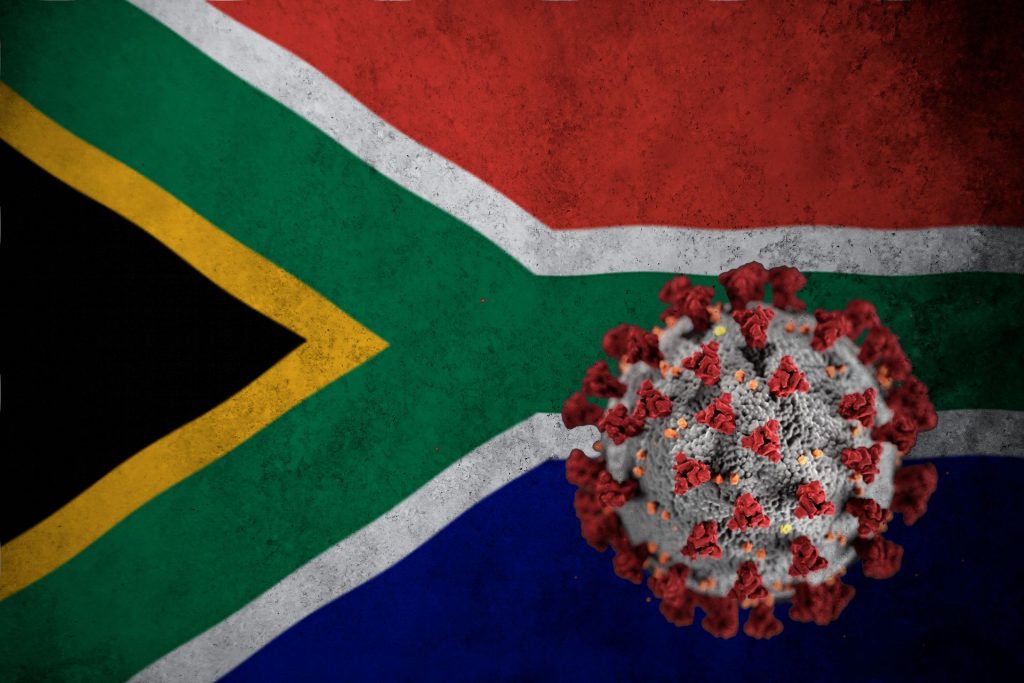How Cancer Cells Develop Resistance to Chemotherapy

Researchers have found some answers as to why cancer cells can develop resistance to the cytotoxic drugs used in chemotherapy.
“We haven’t understood very much about how this resistance to chemotherapy develops and even less about how the microenvironment in cancer can affect the process,” said Kaisa Lehti, a professor at the Norwegian University of Science and Technology’s (NTNU) Department of Biomedical Laboratory Science.
Lehti has led this study into how cancerous tissues develop resistance to a particular form of chemotherapy, the results of which appear in Nature Communications.
If ovarian cancer is picked up early, almost all patients survive the first five years, while chances of survival are much worse if detected later. Finding effective treatment is therefore very important.
Platinum chemotherapy is one of the standard treatments for ovarian cancer, but cancer cells often develop resistance to this particular treatment. The reason lies in how the platinum-based cytotoxin itself can change the cancer cells and their environment.
Cytotoxin influences cancer cells and their environment
Lehti summed up the process: “The cytotoxin can change the way the cancer cells send and perceive signals and can modify the microenvironment around the cells.”
This change allows the cancer cells to withstand the damage caused by the cytotoxin—and can thus survive the chemotherapeutic attack. The researchers have found this key to the puzzle in a layer of tissue that often surrounds cancer cells.
“A fibrotic network of proteins, known as the extracellular matrix or ECM, surrounds the cancer cells, particularly the most aggressive ones,” said Lehti.
The fibrotic tissue, with the ECM network around the cancer cells, is mainly produced by normal connective tissue cells. But the cancer cells and connective tissue cells in the network can alter this tissue themselves.
“Previously, we haven’t known how the communication between the cancer cells and the extracellular matrix is affected by, or even itself influences, the development of cancer and its response to chemotherapy,” said Prof Lehti.
But it is now known that chemical and mechanical signals in the surrounding ECM tissue help cancer develop its ability to spread and to resist treatment.
“Certain signals from the ECM can critically change the cancer cells’ resistance to platinum-based cytotoxic drugs,” Prof Lehti explained.
In this way, the cytotoxin itself helps change both the microenvironment around the cancer cells and the ability of the cancer cells to sense their environment, and so resist the cytotoxin. By understanding this process, better therapies can be developed.
Source: MedicalXpress



